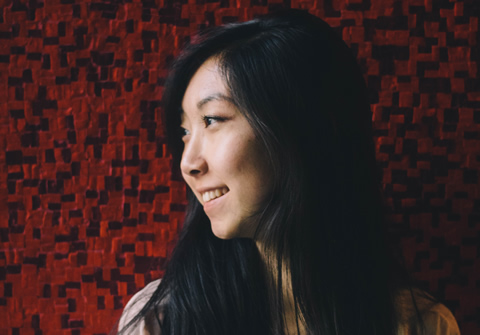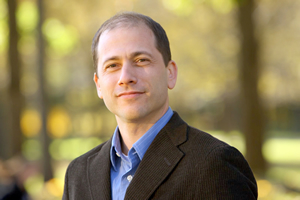Two University of Toronto students have accepted a package worth $100,000, with $50,000 in seed money and a lab bench in San Francisco where they plan to build a company based on a proprietary method of predicting people’s risk for genetic diseases.
“We’re building a very large database of variants and mutations in human disease genes” says Cathy Tie, a bioinformatics student, and current CEO of the startup company Ranomics. “We can model and catalogue each amino acid substitution, and predict what phenotypic changes will occur. Much of the preliminary research has been done in the laboratory of Fritz Roth at U of T.”
She and the company’s chief scientific officer Leo Wan believe that as they increase their data, they will be able to tell with ever-greater specificity whether a person is prone to a condition as a result of their individual genetic variations.
“Our method could be applied to hereditary cancers, heart disease and many other genetic diseases,” says Tie. “Currently, we think neurological disorders might be one of the more promising avenues to start with. But we’re still just creating data. We’re not sure where we’ll end up.”
Proprietary data is at the heart of the business model for Ranomics. Tie and Wan believe they can generate sufficient data to offer customers much more specific information than that offered by companies such as 23andMe that sell similar-sounding services.
“We imagine – though it’s still far down the road – having the ability sequence a customer’s genome and give them a detailed risk report based on their specific amino acid variants,” says Tie. In addition to any profit motive, Tie believes a business venture can help her research have a greater impact.
“The larger picture is to improve preventive medicine,” she says. “If you know your risks, you can do things to stay healthy.”
The biotechnology-focused accelerator IndieBio from venture capital firm SOSventures has provided Tie and Wan with “incubation” funding, as well as lab space in San Francisco where they will carry on their data creation.
“It’s going to be starting our own lab from the ground up,” says Wan. “Molecular biology has been around for a long time and things happen in incremental steps. We’re simply combining one of these incremental steps with some entrepreneurial spirit. You take it where you think it’s going to be successful.”
Recent Posts
U of T’s 197th Birthday Quiz
Test your knowledge of all things U of T in honour of the university’s 197th anniversary on March 15!
Are Cold Plunges Good for You?
Research suggests they are, in three ways
Work Has Changed. So Have the Qualities of Good Leadership
Rapid shifts in everything from technology to employee expectations are pressuring leaders to constantly adapt






